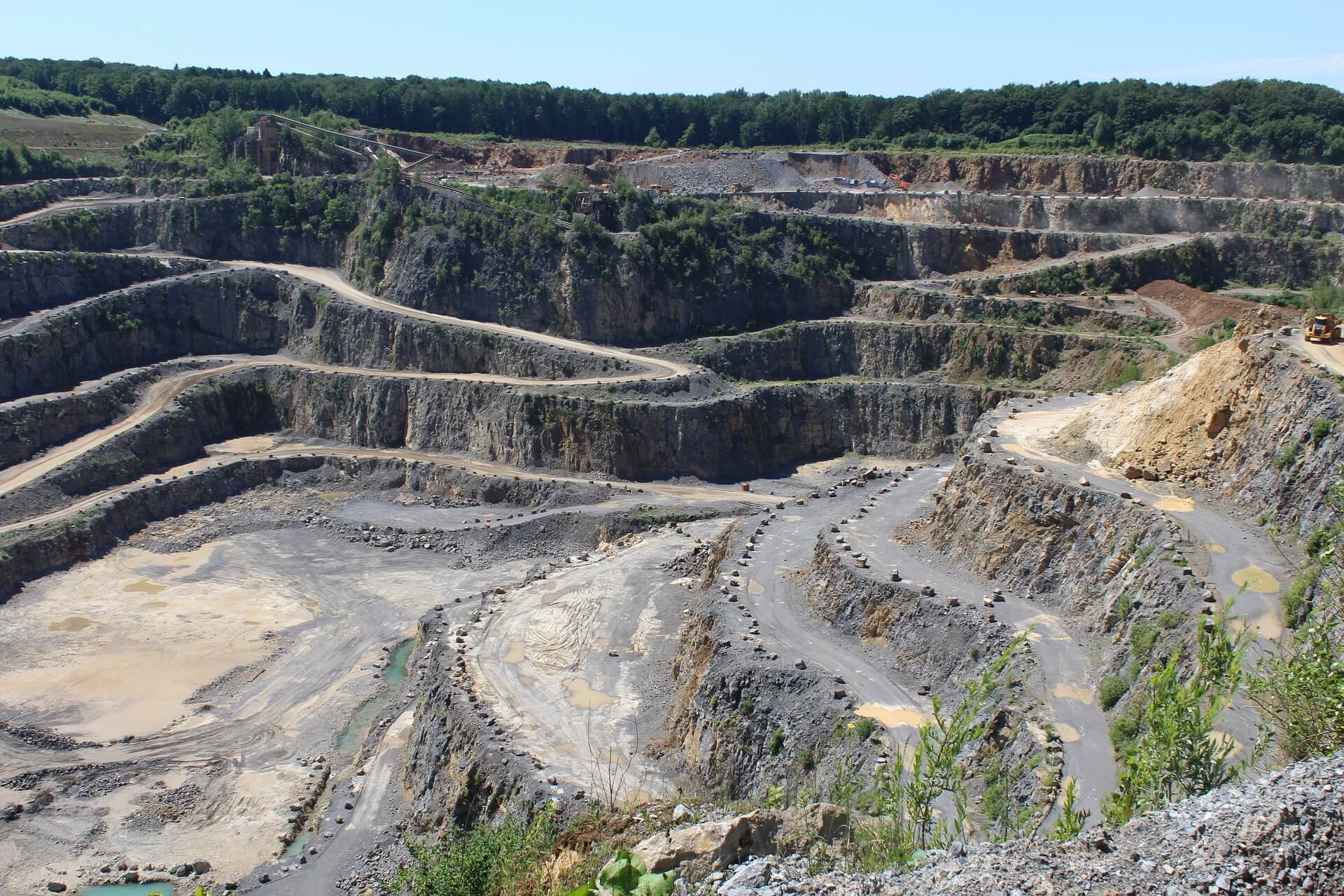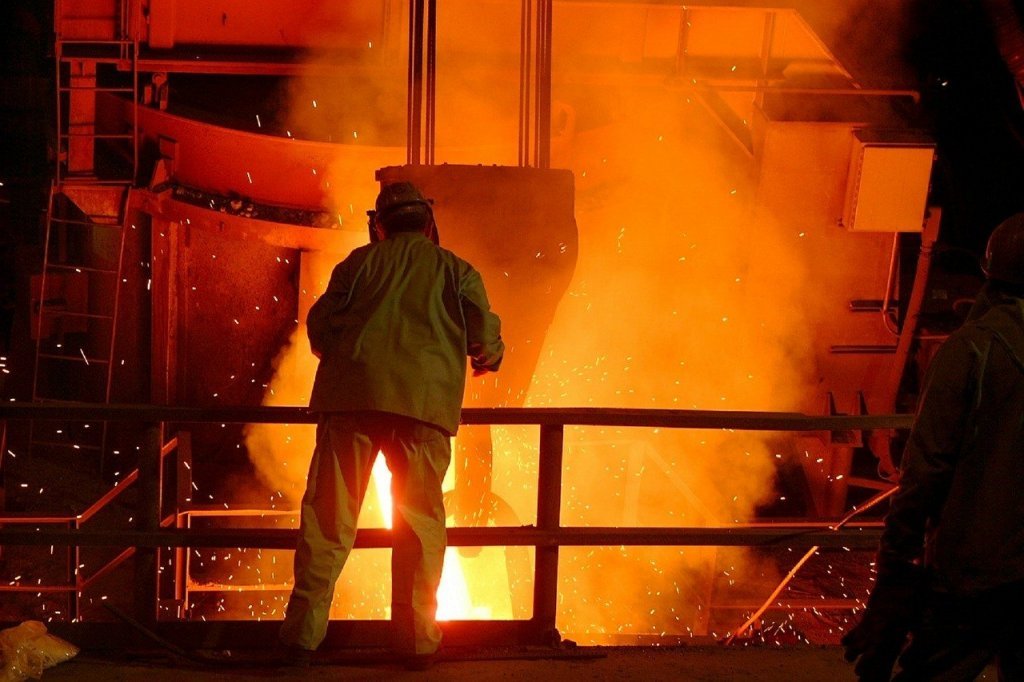Business
If the nickel supply deficit sounds bad, then why is it important to nickel miners?
A shortage in the nickel supply may mean bad for the consumers, but it does good for the investors and nickel producers.

For nickel consumers, a shortage in nickel supply means nothing but problem. It can either mean stockpiling goods or realigning future plans to withstand the upcoming scarcity that may affect future operations—scenarios that are undoubtedly demanding and expensive.
In a supply deficit, the very first ones that suffer are the consumers, the companies that depend heavily on nickel to produce steel and aluminum.
In 2014, giant steel companies from China and Japan had to implement immediate measures to alleviate the problems caused by the Indonesian unprocessed mineral ore ban. Since global supply was highly affected and altered, they had to tap the Philippines, the second largest producer of ore, even if it meant further transportation and refinements costs (since Philippine ore is several percentages lower in quality than that of Indonesia).

The Philippines is the world’s second largest ore producer, and China and Japan approached the country to refill their supplies after the Indonesian unprocessed ore ban. (Photo by Mike Gonzales via Wikimedia Commons. CC BY-SA 3.0)
Since scarcity often leads to higher commodity prices, consumers that own and run steel companies will suffer as well. Indeed, every product that has steel and nickel in it—automobiles, scaffolding material, appliance, et cetera—end up a bit expensive than usual when a deficit hits the market.
Typically, a shortage in commodity supply is good news to investors. With supply becoming more precarious, company value and stock prices improve.
Nickel producers make more money when there’s a supply deficit. They become valuable entities, as every company that depends on nickel will look for them, willing to buy their products at any cost. As in the unwritten law of supply and demand, prices move up if there are more people willing to buy (and sell) a stock.

Steel manufacturing companies that consume nickel will encounter problems if there is a deficiency in the nickel supply. (Source)
Moreover, it also enhances the company’s brand. Since higher stock prices translate to better stock market performance, they enjoy organic brand recall among investors who are putting money on their stocks.
They will also enjoy frequent mentions on stock exchange and trading websites, as well as on economy-centric and financial news websites, which were typically authored or owned by respected finance writers, analysts, and economists. In this case, they no longer have to sell themselves to different steel and aluminium companies as these companies are the ones that will look for them.
In 2014, Amur Minerals Corporation (OTC:AMMCF), a small explorations firm from Russia, enjoyed immense industry attention when it announced that it would finally seek pre-production license from the Russian government. Its reputation soared higher when the Indonesian ore ban was implemented, as both investors and nickel buyers had already begun looking for better nickel producers should the ban continue. Small mining companies are viewed as the future of the dwindling supply, not to mention of the entire nickel mining industry.
The Indonesian ore ban has not only introduced major changes in the global nickel commerce, but also changed nickel’s value as a commodity. In 2014, nickel became the best performing base metal, helping many struggling giant nickel companies like Norilsk Nickel survive potential shutdown. Today, the Russian nickel giant is back on track, enhancing its operations through an expansion in the Siberian region.
—
This article may include forward-looking statements. These forward-looking statements generally are identified by the words “believe,” “project,” “estimate,” “become,” “plan,” “will,” and similar expressions. These forward-looking statements involve known and unknown risks as well as uncertainties, including those discussed in the following cautionary statements and elsewhere in this article and on this site. Although the Company may believe that its expectations are based on reasonable assumptions, the actual results that the Company may achieve may differ materially from any forward-looking statements, which reflect the opinions of the management of the Company only as of the date hereof. Additionally, please make sure to read these important disclosures.

-

 Crowdfunding2 weeks ago
Crowdfunding2 weeks agoSpain’s Real Estate Crowdfunding Boom: Opportunity, Access, and Hidden Risks
-

 Crypto1 day ago
Crypto1 day agoBitcoin Steady Near $68K as ETF Outflows and Institutional Moves Shape Crypto Markets
-

 Fintech1 week ago
Fintech1 week agoDruo Doubles Processed Volume and Targets Global Expansion by 2026
-

 Business6 days ago
Business6 days agoTopRanked.io Weekly Affiliate Digest: What’s Hot in Affiliate Marketing [Health Trader Affiliate Program Review]

























